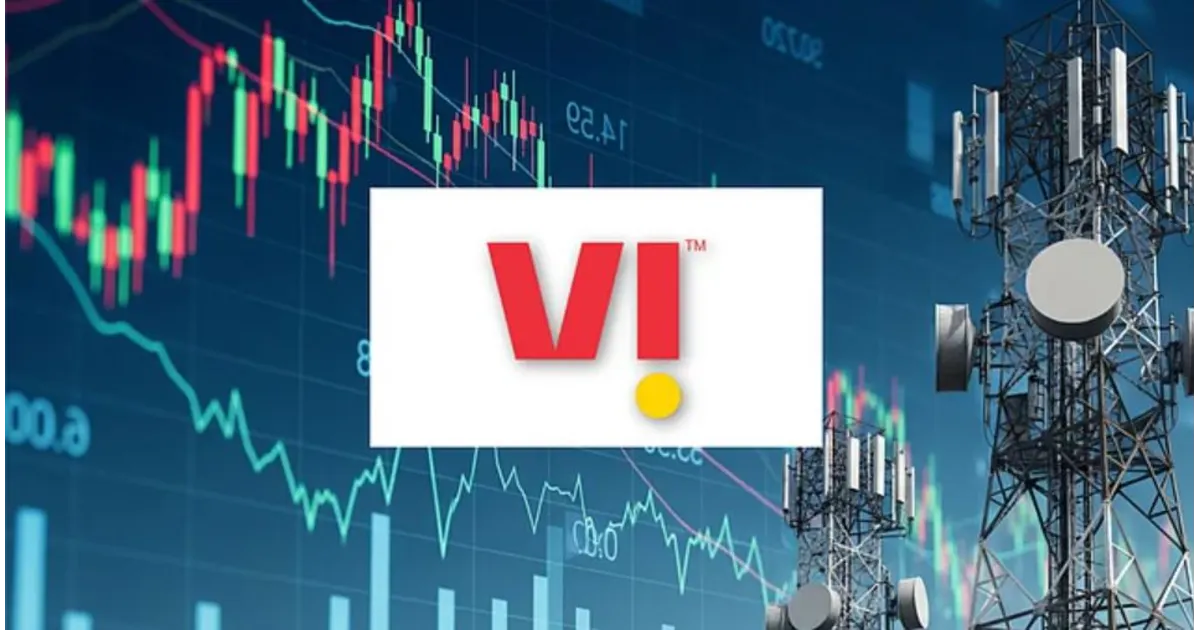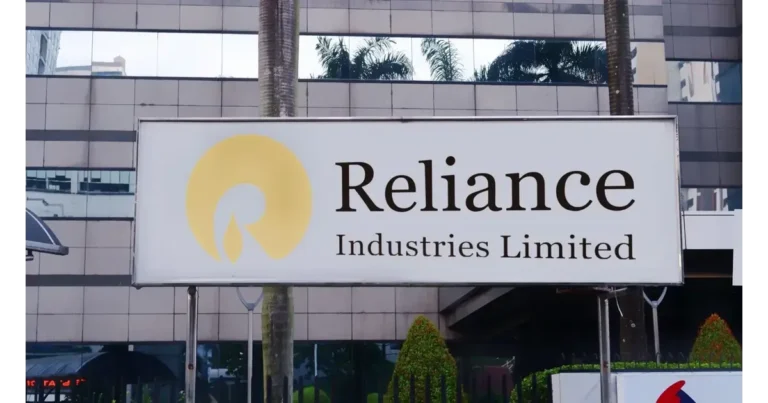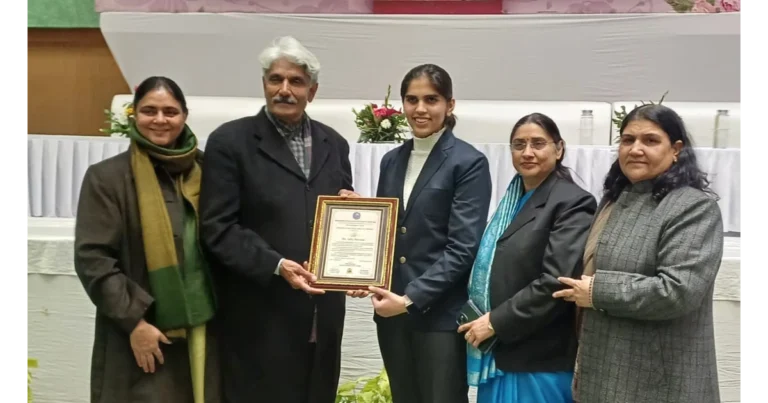
A Major Relief for the Debt-Laden Telecom Giant
Vodafone Idea (Vi) Ltd received a crucial relief on Monday as the Supreme Court of India permitted the Union government to review the telecom operator’s grievances and reassess the demand for Adjusted Gross Revenue (AGR) dues without requiring judicial intervention.
This development marks a significant breather for the financially stressed telecom major, which has long struggled to maintain operational stability in India’s fiercely competitive telecom market.
Policy Decision Lies with the Government
The Supreme Court clarified that granting any relief to the company falls under the purview of government policy. Earlier this year, the government became the single largest shareholder in Vodafone Idea, holding a 49% equity stake after converting a portion of the company’s debt into equity.
The latest case emerged after Vodafone Idea filed a petition last month contesting the Department of Telecommunications’ (DoT) demand for an additional ₹9,450 crore in AGR dues.
The Long-Running AGR Dispute: A Timeline
March 1999 – The Origin of AGR
The dispute traces back to the New Telecom Policy of 1999, which introduced a revenue-sharing model. Under this model, telecom companies agreed to share a percentage of their revenues with the government. However, disagreements soon arose over the definition of AGR — the DoT insisted that all forms of revenue be included, while operators maintained that it should only cover core telecom income.
October 2019 – The Supreme Court’s Landmark Verdict
In October 2019, the Supreme Court ruled in favor of the DoT, holding that all revenues, including those from asset sales and interest, should be part of AGR. This decision imposed massive liabilities on operators such as Vodafone Idea and Bharti Airtel, sparking an industry-wide financial crisis.
July 2021 – AGR Dues Deemed Final
The apex court reaffirmed that the dues assessed by the DoT were final and not subject to self-assessment by telecom companies, further tightening the noose around operators already battling mounting debt.
October 2021 – Definition of AGR Amended
After sustained lobbying from the telecom sector, the government amended the definition of AGR to exclude non-telecom income, providing future relief. However, the change was not retrospective, meaning it did not reduce the massive historical dues that continued to burden companies like Vodafone Idea.
May 2025 – Renewed Plea for Relief
In May 2025, Vodafone Idea sought relief from AGR liabilities amounting to over ₹80,000 crore, citing financial distress. Around the same time, the Supreme Court dismissed petitions from major telecom players, including Bharti Airtel, Vodafone Idea, and Tata Teleservices, which had sought waivers on interest, penalties, and associated charges.
September–October 2025 – Hearings and Adjournments
On 8 September 2025, Vodafone Idea filed another plea contesting DoT’s fresh demand of ₹9,450 crore and sought waivers on interest and penalties. Multiple hearing dates followed — September 19, 26, and October 6 — but were repeatedly deferred as the government sought additional time.
Finally, on 27 October 2025, the Supreme Court permitted the Union government to reconsider and reassess the dues, declaring it a policy matter, thereby placing the ball firmly in the government’s court.
Vodafone Idea’s Current Liabilities
The Supreme Court had previously upheld DoT’s calculations of AGR dues until FY2016-17, leaving no room for reassessment. However, in its September 2025 petition, Vodafone Idea argued that DoT’s latest demands extended up to FY2018-19, representing fresh liabilities beyond earlier judgments.
The total new demand amounts to ₹9,450 crore, with ₹2,774 crore attributed to the Idea Group and Vodafone Idea (post-merger, August 2018) and ₹6,675 crore to the pre-merger Vodafone Group.
Currently, Vodafone Idea owes the government approximately ₹83,400 crore in AGR dues. Beginning March 2026, the company is expected to make annual payments of ₹18,000 crore. With penalties and accumulated interest, its total liabilities have ballooned to nearly ₹2 trillion, according to reports.
What Lies Ahead for Vodafone Idea
The Supreme Court’s latest order provides a window of opportunity for Vodafone Idea to stabilize operations while the government re-evaluates its AGR dues. If the reassessment leads to reduced financial obligations, it could significantly ease the company’s debt burden and revive investor confidence. However, the final outcome now depends on the government’s policy decision and its willingness to support the revival of one of India’s oldest telecom operators.





